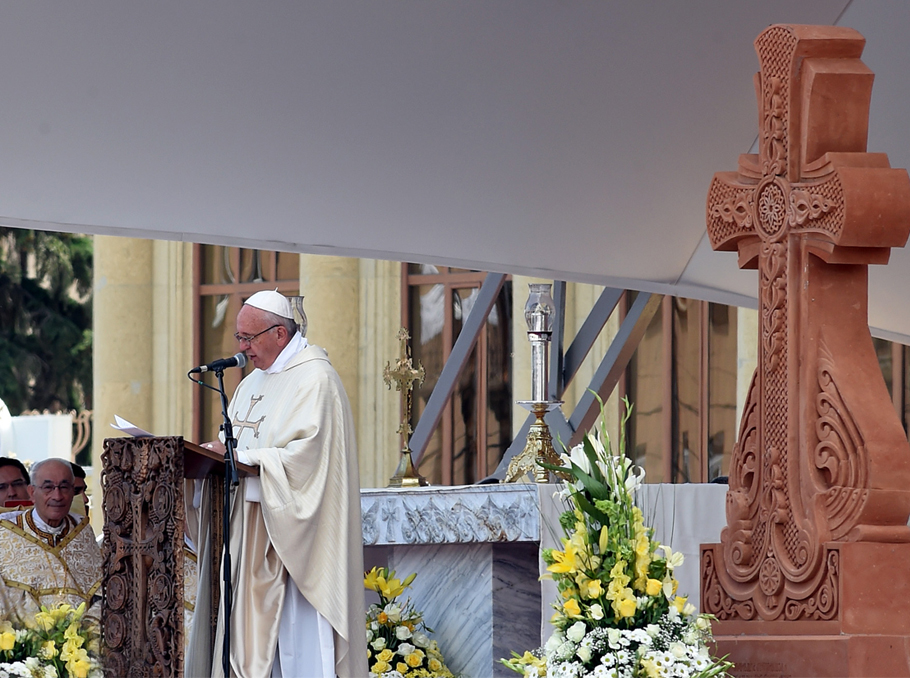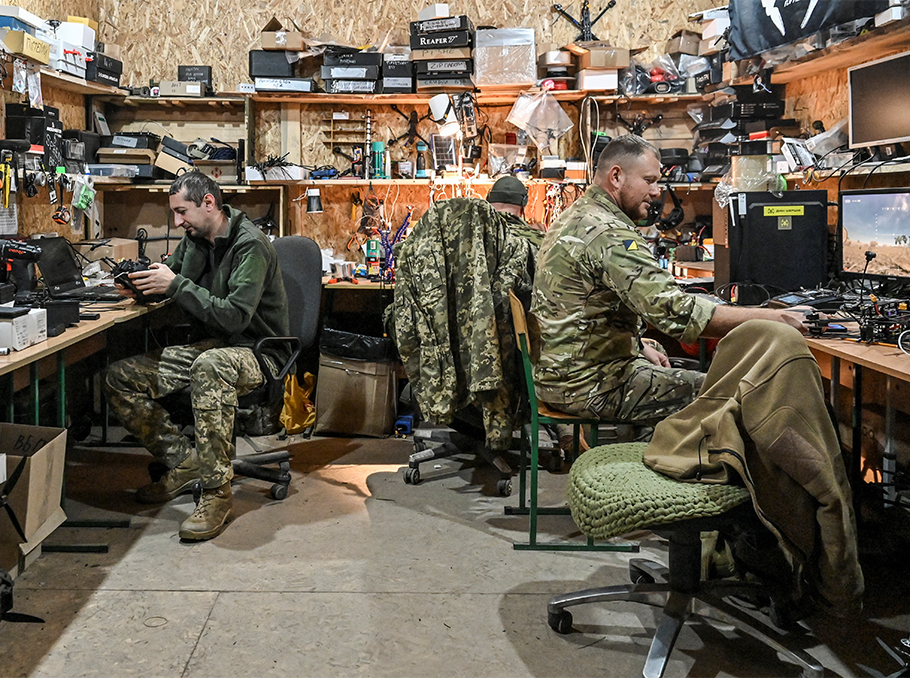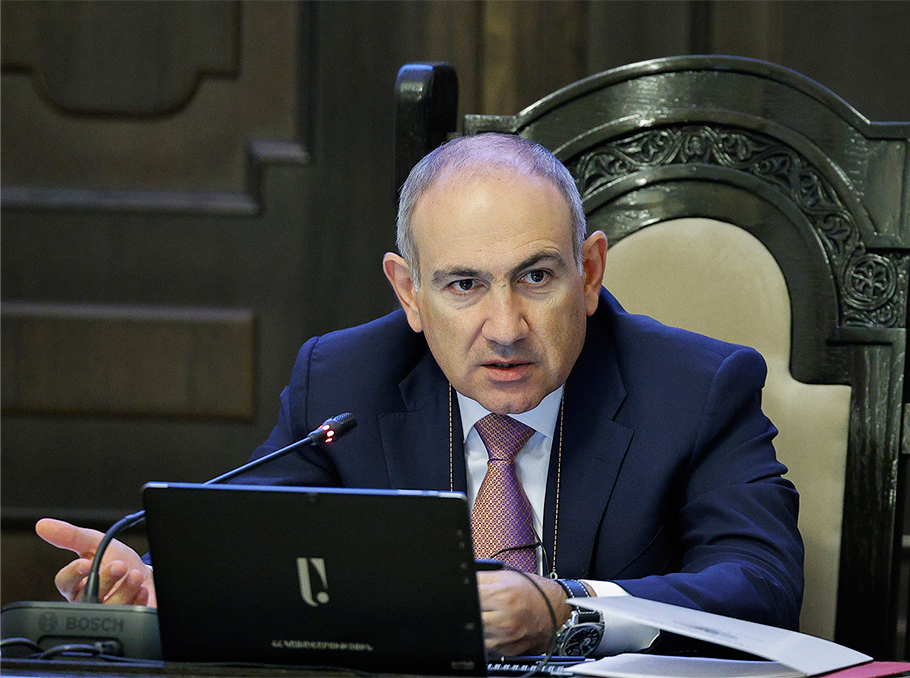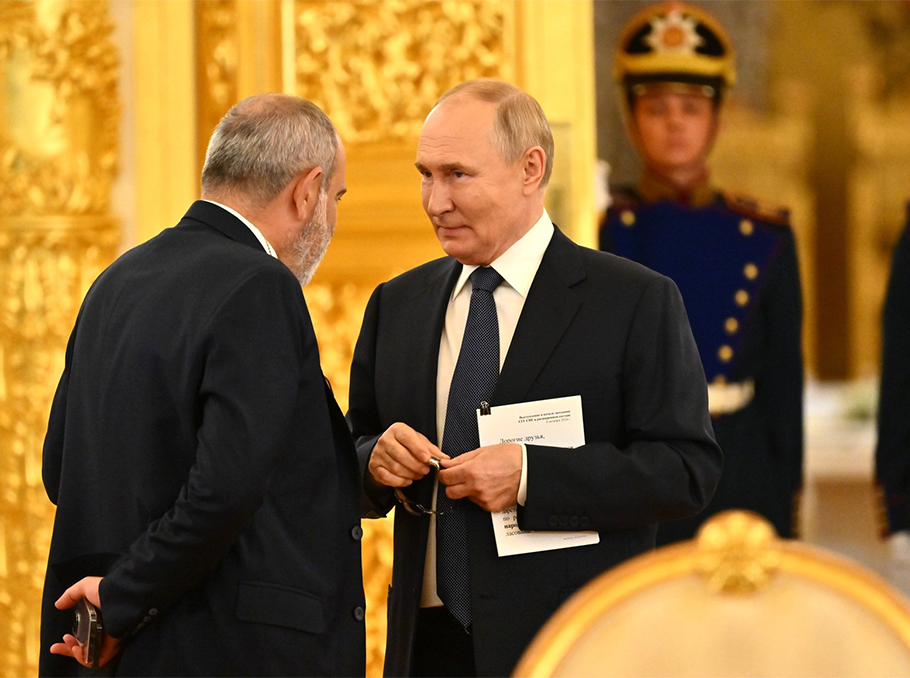Yerevan /Mediamax/. During his flight from Armenia to Rome on Sunday, Pope Francis gave a press conference to the assembled journalists aboard the papal plane, concluding his three-day visit to Armenia.
Mediamax presents the most memorable extracts from the press conference of His Holiness.
- Your Holiness, it is known you have Armenian friends, you had contacts with the Armenian community earlier in Argentina. During the last three days you touched the Armenian spirit. What are your feelings, impressions? And what will be your message for the future, your prayers for Armenia?
- Well, let’s think to the future and then let’s go to the past. I hope for justice and peace for this people and I pray for this, because it is a courageous people. And I pray that they find justice and peace. I know that so many are working for this; and also I was very happy last week when I saw a photograph of President Putin with the two Armenian and Azerbaijani presidents. At least they’re speaking! Also with Turkey and the president of the republic (President of Armenia - Mediamax) in his welcoming speech spoke clearly, he had the courage to say: let’s come to an agreement, forgive each other, and look to the future. And this is a great courage for a people who has suffered so much, no?
It’s the icon of the Armenian people. This came to me today while I was praying a bit. It’s a life of stone and a tenderness of a mother. It has carried crosses, but stone crosses - and you see them, eh! - but it has not lost its tenderness, art, music, those “suspended chords”, so difficult to understand and with great geniality. A people who has suffered so much in its history and only the faith has kept it on its feet, because the fact is that it was the first Christian nation, this isn’t sufficient! It was the frist Christian nation because the Lord blessed it, because it had the saints, it had bishop saints, martyrs, and for this in resisting Armenia has made itself a “stony skin”, let’s call it that, but it has not lost the tenderness of a maternal heart. Armenia is also a mother!
And this is the second question, let’s go to the first now. If I had so many contacts with the Armenians. I went often with them to Masses, I have many Armenian friends… One thing that I usually don’t like to do for rest, but I would go to dinner with them and you have heavy dinners, eh! But, very good friends, no? A very good friend is Archbishop Kissag Mouradian and Boghossian, a Catholic, but among you, more important than belonging to the Apostolic Church or the Catholic Church, is the “Armenism”, and I understood this in those times.
Today, an Argentinian from an Armenian family, whom the archbishop always made him sit next to me so he could explain some ceremonies or some words that I didn’t know, greeted me.
- Yesterday evening at the ecumenical encounter of prayer you asked about carrying out reconciliation with Turkey and Azerbaijan. I would like to ask you simply, given that you are about to go to Azerbaijan in some weeks, what will you do, a concrete sign like you’ve given to Armenia, what is the sign you’d like to give to Azerbaijan tomorrow?
- I will speak to the Azerbaijanis of the truth of what I have seen, of what I have felt and I will also encourage them. I met the Azerbaijani president and I spoke with him… I’ll tell you also that not making peace for a little piece of land, because it’s not a big deal, means something dark, no? But I say this to all the Armenians and the Azerbaijanis. Possibly, they can’t agree on the ways of making peace, and on this they need to work. But I don’t know what else to say. I will say that at the moment it comes to my heart, but always positively trying to find solutions that are viable, that move ahead.
- Your Holiness, why did you decide to add openly the word genocide to your speech at the presidential palace? On a painful theme like this, do you think it’s useful for peace in this complicated region?
- In Argentina, when you spoke of the Armenian extermination, they always used the word “genocide.” I didn’t know another. At the cathedral in Buenos Aires, we put a stone cross in the third altar on the left, remembering the Armenian genocide. When I arrived in Rome, I heard another word: “The Great Evil” or the “terrible tragedy,” but in Armenian, I don’t know how to say it.
I’ve always spoke of three genocides in the last century. The first was the Armenian, then that of Hitler, and the last is that of Stalin. There are small ones, there is another in Africa, but as in the orbit of the two great wars there are these three. I’ve asked why, “but some feel like it’s not true, that there wasn’t a genocide”, another said to me, a lawyer told me this that really interested me: the word “genocide” is a technical word. You can say extermination, but declaring a “genocide” brings with it actions of reparation. This is what the lawyer said to me. Last year, when I was preparing the speech, I saw that St John Paul II had used the word, that he used both: Great Evil and genocide. And I cited that one in quotation marks, and it wasn’t received well. Turkey in a few days called its ambassador to Ankara.
In this speech at the start there wasn’t a word, that is true. I respond because I added it.
But after having heard the tone of the speech of the president and also with my past with this word, and having said this word last year in St. Peter’s publicly, it would have sounded strange not to say at least the same thing. But there, I wanted to underscore something else, and I don’t think I err that I also said: in this genocide, as in the other two, the great international powers looked in the other direction. And this was the thing. In the Second World War some powers, which had photographed the train lines that led to Auschwitz had the possibility to bomb and didn’t do it. In the context of the First War, where was the problem of the Armenians? And in the context of the Second War where was the problem of Hitler and Stalin and after Yalta of the area, and all that no one speak about. One has to underscore this. And make the historical question: why didn’t you do this, you powers?
I don’t accuse, I ask a question. It’s curious. They looked at the war, at so many things, but not the people. And I don’t know if it’s true, but I would like to know if it’s true that when Hitler persecuted the Jews, one of the words, of the thing that he may have said was “Well, who remembers today the Armenians, let’s do the same with the Jews.” Historians, search and see if it’s true. I think I answered. But I never said this word with an offensive intention, if not objectively.




























Comments
Dear visitors, You can place your opinion on the material using your Facebook account. Please, be polite and follow our simple rules: you are not allowed to make off - topic comments, place advertisements, use abusive and filthy language. The editorial staff reserves the right to moderate and delete comments in case of breach of the rules.